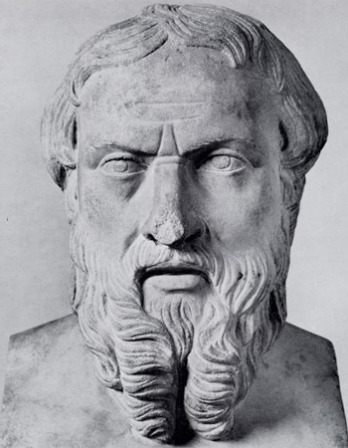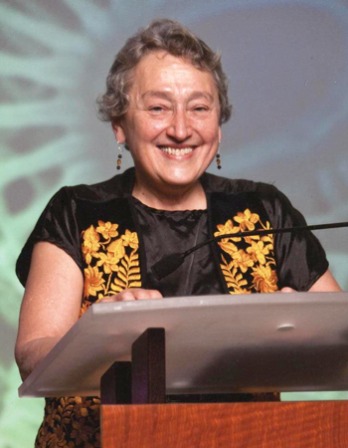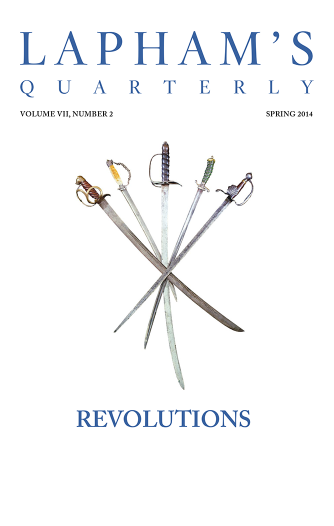If we do not maintain justice, justice will not maintain us.
—Francis Bacon, 1615Preservation Society
John Locke on the right to bear farms.
If man in the state of nature be so free, as has been said, if he be absolute lord of his own person and possessions, equal to the greatest, and subject to nobody, why will he part with his freedom, this empire, and subject himself to the dominion and control of any other power?
To which it is obvious to answer that, though in the state of nature he has such a right, yet the enjoyment of it is very uncertain and constantly exposed to the invasions of others. For all being kings as much as he, every man his equal, and the greater part no strict observers of equity and justice, the enjoyment of the property he has in this state is very unsafe, very unsecure. This makes him willing to quit this condition, which, however free, is full of fears and continual dangers; and it is not without reason that he seeks out and is willing to join in society with others who are already united, or have a mind to unite, for the mutual preservation of their lives, liberties, and estates, which I call by the general name property.
The great and chief end, therefore, of men’s uniting into commonwealths, and putting themselves under government, is the preservation of their property; to which in the state of nature there are many things wanting.
First, there wants an established, settled, known law, received and allowed by common consent to be the standard of right and wrong, and the common measure to decide all controversies between them. For though the law of nature be plain and intelligible to all rational creatures, men, being biased by their interest, as well as ignorant for want of study of it, are not apt to allow of it as a law binding to them in the application of it to their particular cases.
Secondly, in the state of nature, there wants a known and indifferent judge with authority. For everyone in that state, being both judge and executioner of the law of nature, men being partial to themselves, passion and revenge is very apt to carry them too far, and with too much heat in their own cases.

John Locke
From The Second Treatise of Government. Locke was eight years old at the outbreak of the first English Civil War in 1640, seventeen when Charles I was beheaded on Oliver Cromwell’s orders in 1649, and twenty when he entered Oxford in 1652. With most of his two treatises on government written, Locke fled to Holland in 1682, fearing retaliation for opposing the succession of Catholic king James II. He returned to England six years later in the wake of the Glorious Revolution, which this text had helped to justify.




